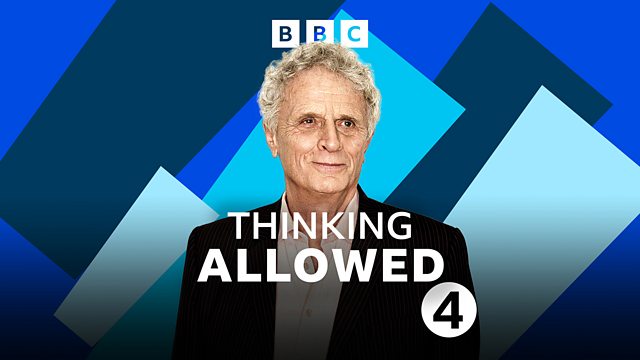Rules and Order
Laurie Taylor asks if we have become a more orderly, rule-bound society and explores the history of rules and regulations.
Rules & Order: Laurie Taylor talks to Tim Newburn, Professor of Criminology and Social Policy at the LSE, about the social history of ‘orderly Britain’ – the way in which we’ve resolved everyday problems, from dog fouling to smoking and queuing. They’re joined by Lorraine Daston, Director Emeritus at the Max Planck Institute for the History of Science, who traces the development of rules in the Western tradition, ones which have set out work hours, dictated how we set the table, told us whether to offer an extended hand or cheek in greeting, and organised the rituals of life. Why do we need such rules and could we live without them?
Producer: Jayne Egerton
Last on
More episodes
Previous
Guests and Further Reading
Tim Newburn, Professor of Criminology and Social Policy at the LSE
Orderly Britain: How Britain Has Resolved Everyday Problems, from Dog Fouling to Double Parking by Andrew Ward and Tim Newburn (Little, Brown)
Lorraine Daston, Director Emeritus at the Max Planck Institute for the History of Science
Rules: A Short History of What We Live By (Princeton University Press)
Broadcasts
- Wed 28 Sep 2022 16:00BBC Radio 4
- Mon 3 Oct 2022 00:15BBC Radio 4
Explore further with The Open University
Podcast
-
![]()
Thinking Allowed
New research on how society works




